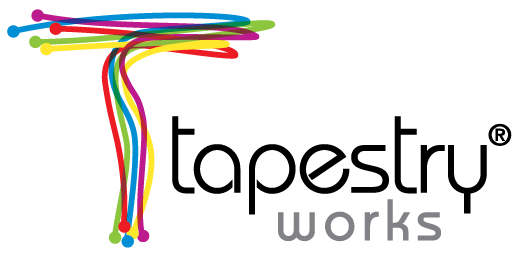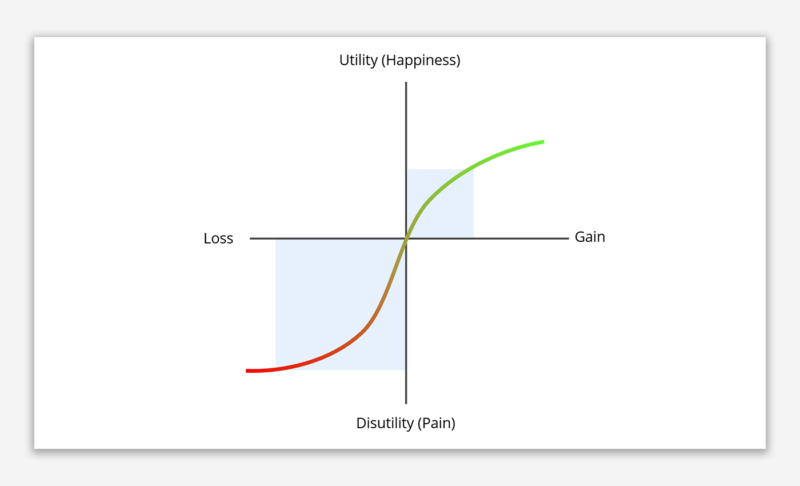In Behavioural Economics for Business, Bri Williams provides a good overview of behavioural economics, the key mental heuristics (biases) that businesses should know and many examples of applying these principles to real world business problem. While this book doesn’t offer much new from many others, it does give some frameworks for thinking about specific challenges.
The author starts by highlighting three key mistaken assumptions that are often mentioned but still made about human behaviour:
- People do what they say (the say-do gap confirms that often they don’t)
- People are rational (rational is very often less efficient than emotional)
- Focusing on people rather than the environment (I’ve often written about the Fundamental Attribution Error)
Bri Williams focuses on three key barriers and structures much of the discussion around these.
- Apathy, or why people can’t be bothered intellectually, emotionally or physically
- Paralysis, or why people are often overwhelmed by decision-making
- Anxiety, or why people worry about proceeding with a new or changed behaviour
Apathy is related to the roles of System 1 and System 2 (fast and slow thinking), and the importance of ensuring that rewards exceed effort in order to motivate changes in behaviour. Bri Williams points out that while making things easy often reduces effort, occasionally making things more difficult also motivates.
Paralysis is most strongly related to the concept of the “paradox of choice” and how humans desire more choice but are often overwhelmed by it. Making “right” choices easier to identify often helps, for instance by highlighting what others do (social norms), using defaults and visually highlighting preferred options.
Anxiety is strongly related to loss aversion and the psychological, economic and social consequences of changing behaviour. Developing strategies for overcoming anxiety can be helped by using B.J. Fogg’s framework of three key requirements of behaviour change:
- Effort, or a desire to do something
- Ability, or the capability to do something
- Trigger, or the awareness and motivation to do something
Behavioural Economics for Business adds to a huge list of recent books on this topic. It’s not a top recommendation but worth reading as there is still much to learn on how behavioural economics can be applied to real business challenges.





